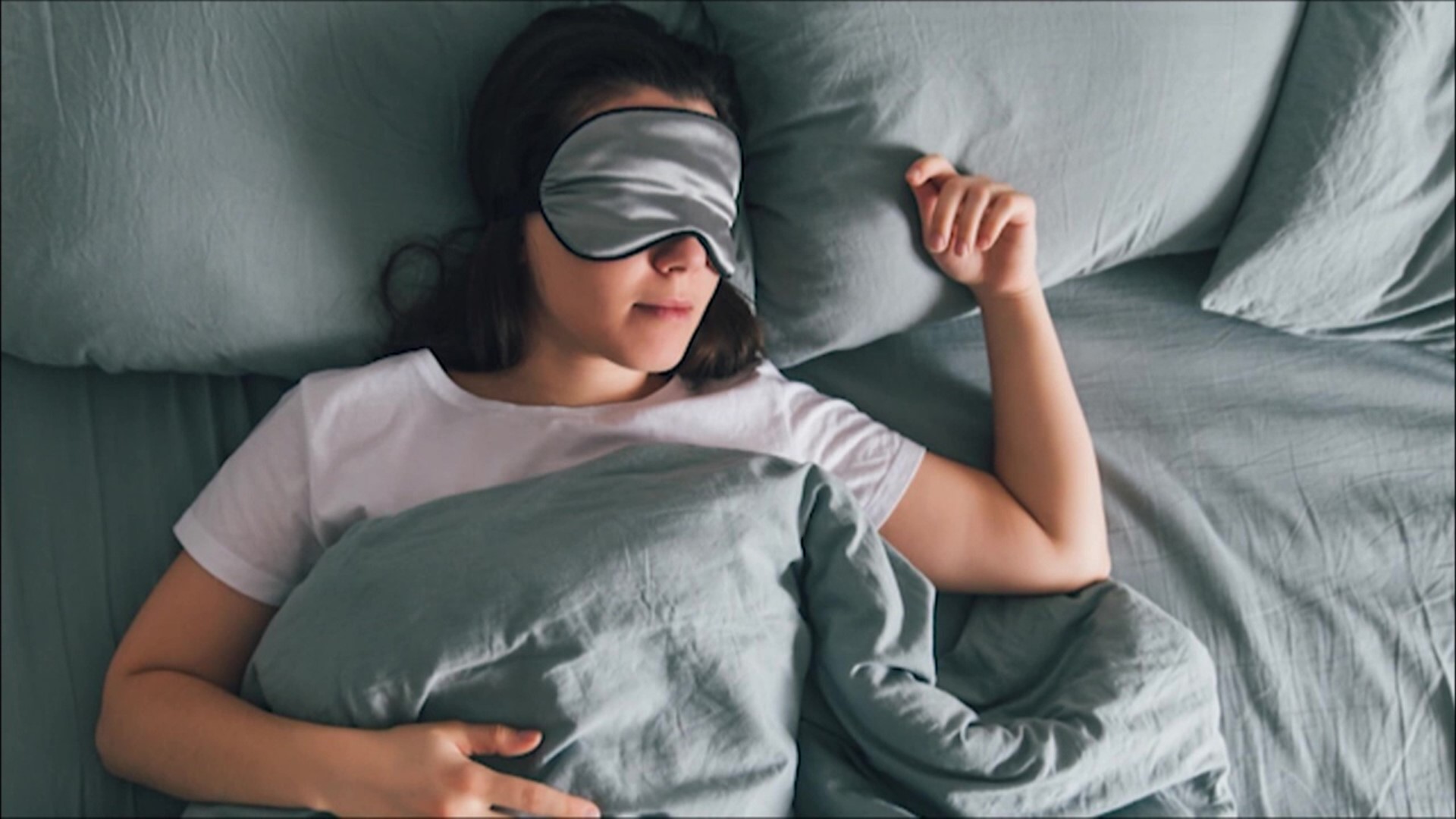DANVILLE, Pa. — Fresh off the change to daylight saving time, we are in the midst of National Sleep Awareness Week. The week is set aside to promote better sleep as a way to increase overall health and well-being.
"We are currently in a society where we don't recognize sleep as the essential tool and health optimization factor that it really is. Many of us look at it as something that is intrusive to our day, that we need to curtail in order to get more done," said Dr. Anne Marie Morse, a pediatric neurologist and sleep medicine specialist at Geisinger.
Dr. Morse says how we perform during the day is linked to how we sleep at night. Adults ages 18 - 64 should get between seven and nine hours of sleep per night, but most people in the United States get less than that. It can be especially hard for shift workers or people who have a work schedule outside the typical 9 to 5 work day.
"It is important to recognize that this isn't a benign thing and that many people who are experiencing these types of shifts are also coming with complaints of either insomnia or excessive daytime sleepiness."
Shift work sleep disorder causes issues with falling asleep, staying asleep, and sleepiness at unwanted times.
Dr. Morse recommends these people try and get as much regularity in their sleep/wake schedule as possible. For example, if someone works 7 p.m. to 7 a.m. four days a week.
"Really trying to look at those other three days and seeing, 'What does my schedule look like in order to not be so misaligned?' And then also making sure on those days where I am working 7 p.m. to 7 a.m. that I'm not compromising on sleep by trying to fulfill all the other social obligations that we have in a day."
Dr. Morse says the more irregular your sleep schedule is, the more at risk you are for major health problems.
More information on how to improve the quality of your sleep is available from Geisinger.

